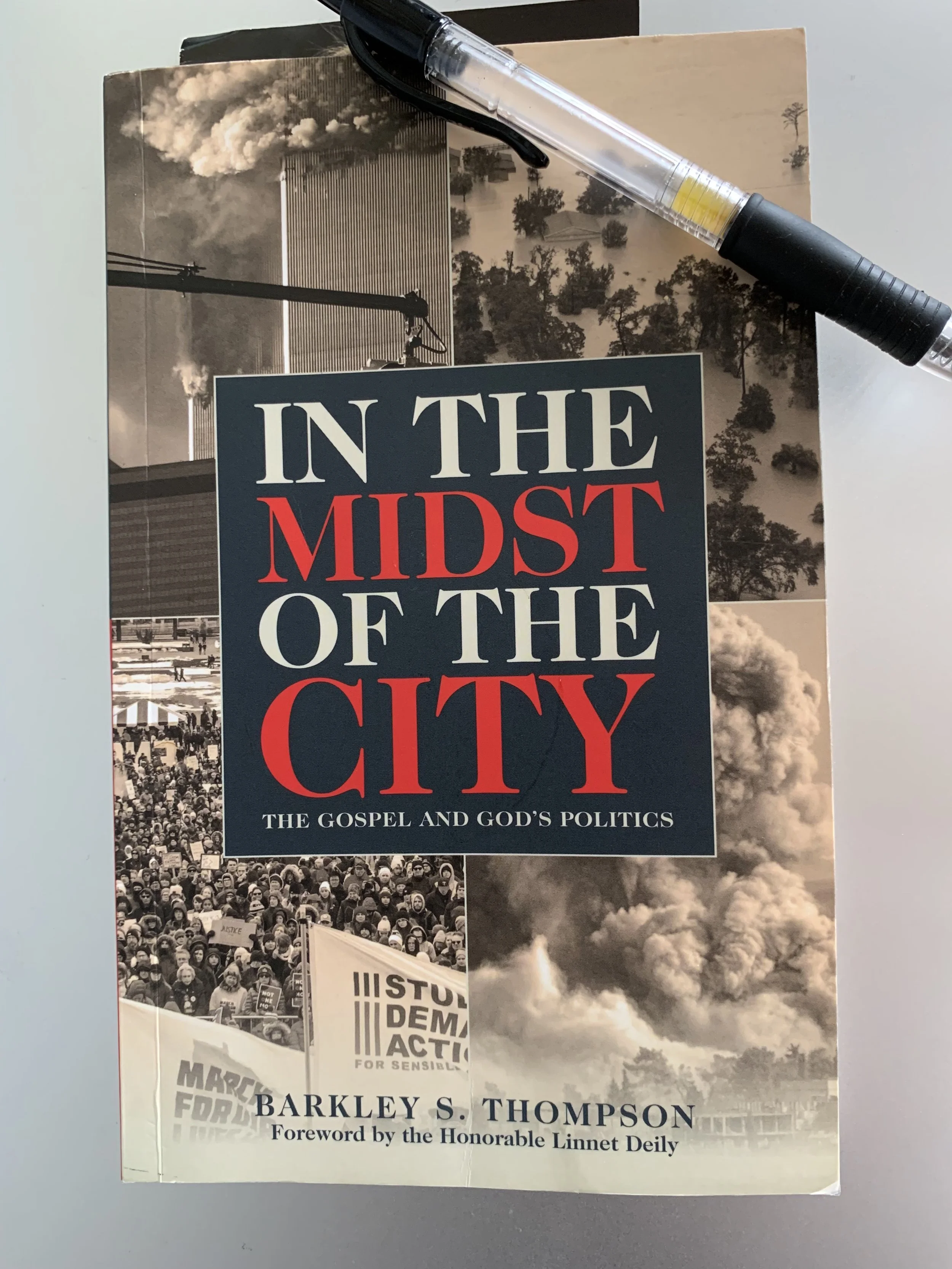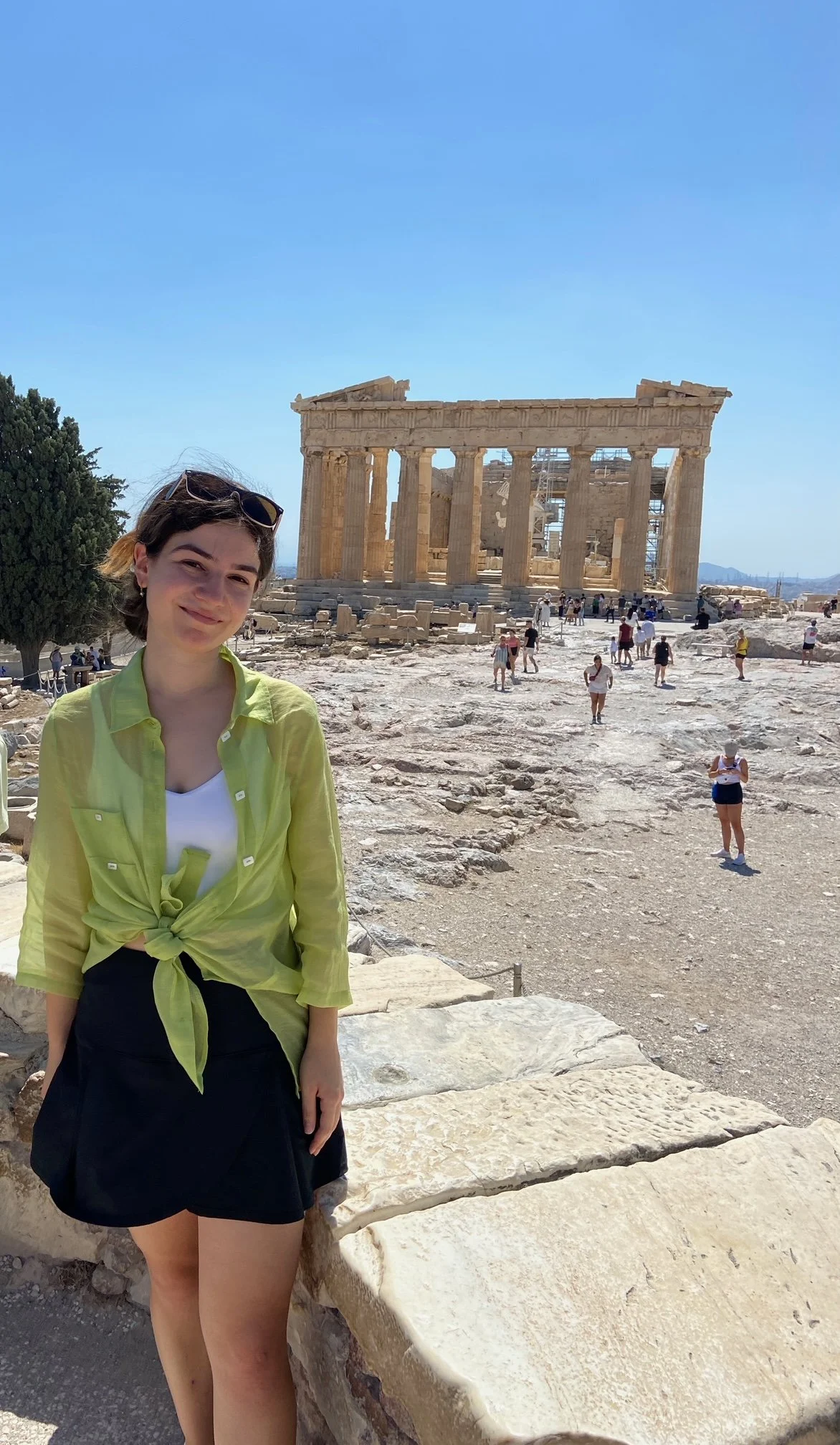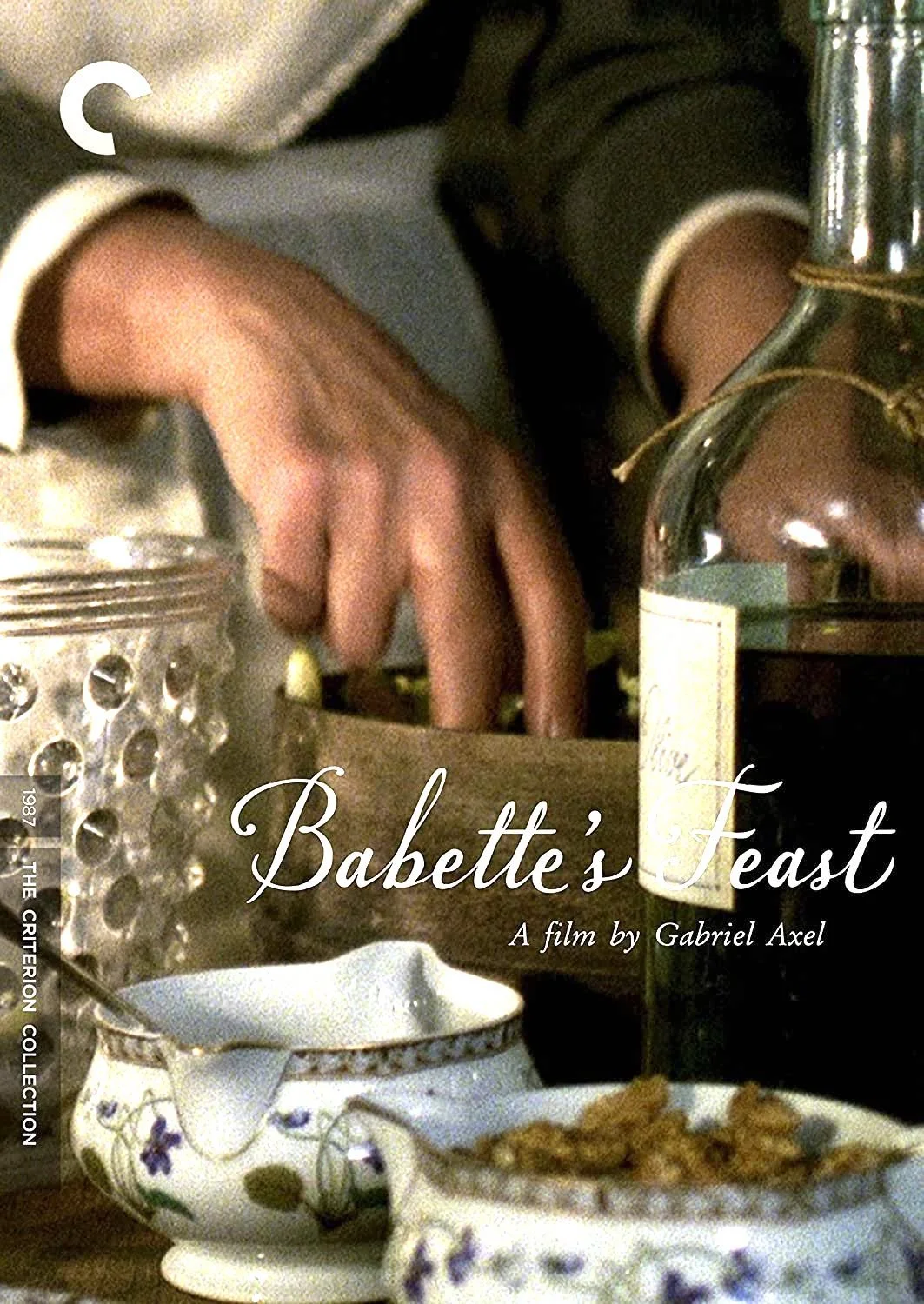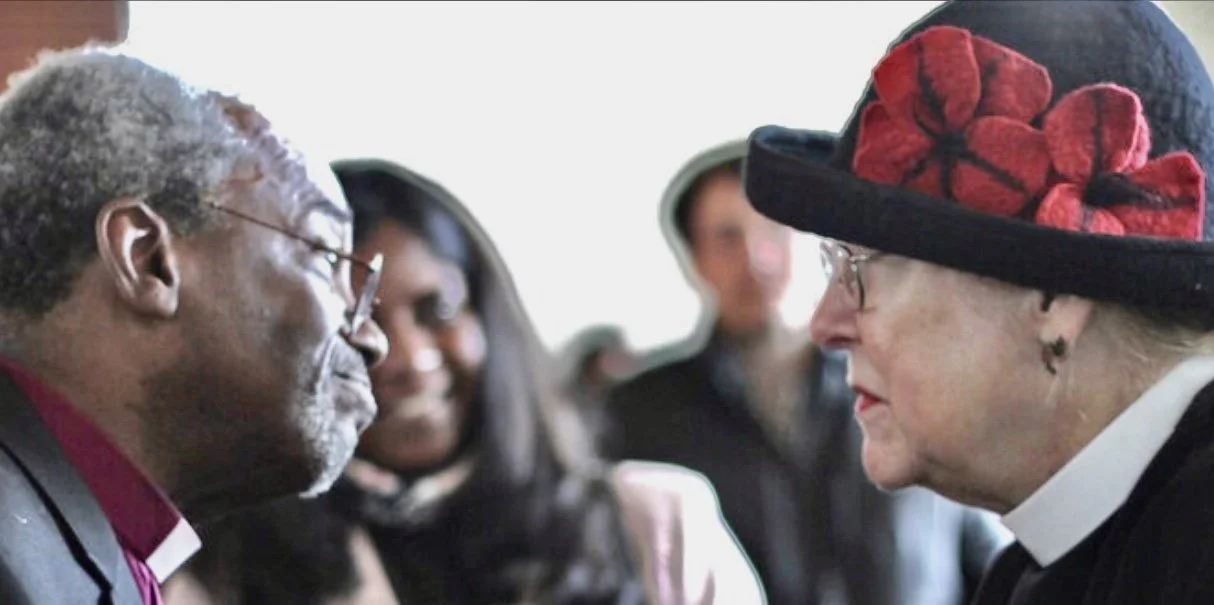In the Midst of the City, the Gospel and God’s Politics
By Barkley Thompson
“As Christians, we must not begin with our secular political beliefs..and then use the Gospel to prop them up. Rather, we must begin with the Gospel and allow the Gospel to shape our politics.”—Barkley Thompson in In the Midst of the City, the Gospel and God’s Politics.
I once was in three book groups reading Barkley Thompson’s second book, In the Midst of the City.
The book’s first section represents a collection of sermons he wrote as dean of Christ Church Episcopal Cathedral in Houston.
Barkley reminds us of Marcus Borg’s story of the two processions in Jerusalem on Palm Sunday entering from opposite gates. Pilate enters as the representative of the Roman power of war, while Jesus enters, symbolizing God’s politics, the power of peace. “For Christians, leaving God’s politics out of the church is not an option. The Gospel, however, is not partisan, and God is neither conservative nor progressive.”
Barkley constantly reminds us of Karl Barth’s mandate to read both the Bible and the newspaper. Interpret the newspaper from the Bible, never the other way around. For example, in the face of the great tragedy of the killing and wounding at the Boston Marathon, the Gospel leads Barkley to remind us to look for the helpers, those who are reaching out to those who have been harmed.
The second section addresses what it means to be a Christian and an American in light of the Gospel. Patriotism differs from nationalism. The patriot gives his heart to the best that patriotism stands for, even in the face of fear and assault by those who have lost an understanding of liberty.
The third section represents essays published on his blog in the Houston Chronicle. They represent his personal discernment process, hoping to see God’s vision for the world. The chapter titles speak for themselves: “I Own Guns, and I Believe in Gun Control,” “Of Orlando and the Virtue of Embrace,” and “On Civil War Monuments.”
Joanna. https://www.joannaseibert.com/






